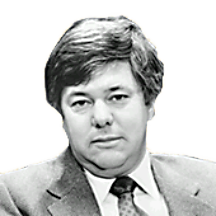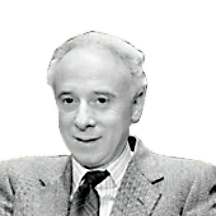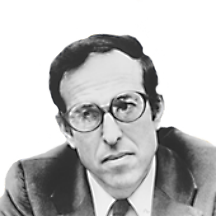Michael Brown was born in New York in 1941. In 1966, he received his Medical Doctorate from the University of Pennsylvania, and in 1971 he joined the staff of the Dallas University School of Medicine, there he began his collaboration with Joseph Goldstein. In 1977, as a professor of genetics, he was appointed director of the Center for Genetic Diseases.
Brown and Goldstein received the 1985 Nobel prize in Physiology or medicine, “For their discoveries concerning the regulation of cholesterol metabolism, and for their research on the genetic disease that prevent it.”
The two scientists discovered the mechanism that transfers cholesterol from the blood into the cells, and which, at the same time, keeps the correct level of cholesterol in the blood, preventing it from accumulating on the walls of the arteries and disturbing the blood flow.
This mechanism operates by receptors, molecules on the outer surface of the cells, which “hunt” the cholesterol in the blood and transfer it into the cell, for various uses.
Brown and Goldstein’s findings show that insufficient amount of these receptors, due to a genetic defect or to inappropriate, high-cholesterol diet, disturbs the mechanism and causes atherosclerosis, strokes and heart attacks. This discovery urged them to look for medications that will encourage the activity of the receptors mechanism and prevent the blocking of the arteries.
If those medications are proven to be safe over a long period of time, maybe one day we will be able to eat a nice juicy steak and still live to enjoy it.
discovered the mechanism which regulates the level of cholesterol in the blood .





